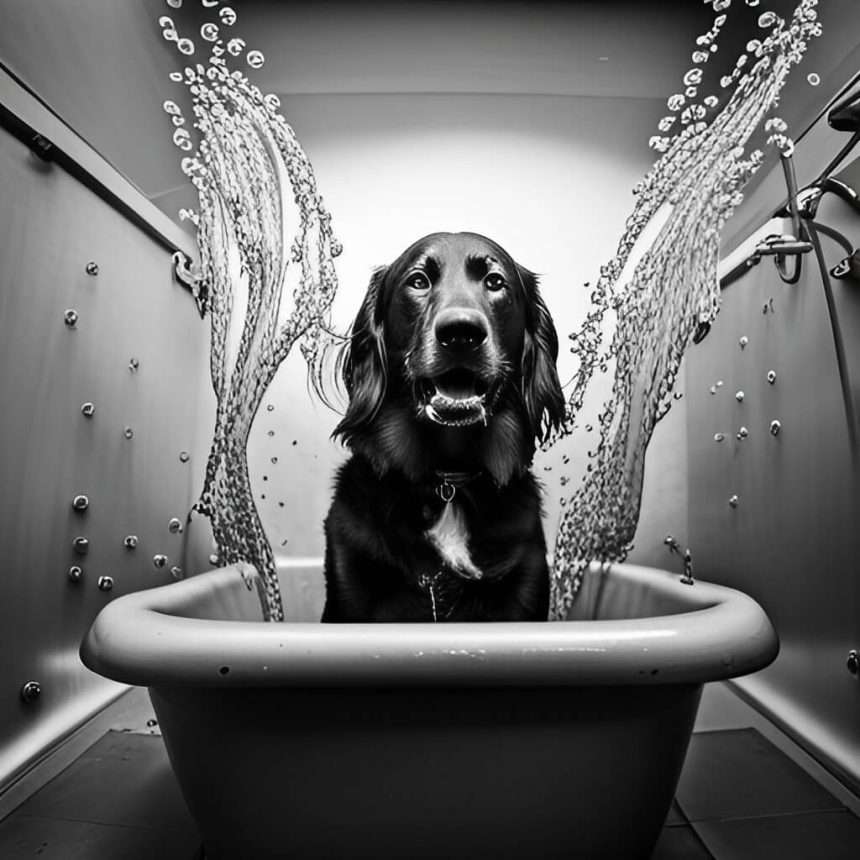Grooming and Bathing: Essential Post-Swimming Practices for Your Dog
As the summer approaches, you and your furry friend will probably be spending more time in the water. Swimming is an amazing exercise for dogs but it can end up creating unnecessary health problems if you don’t tend to your furry buddy’s coat and skin properly. Bathing and grooming your dog after swimming can help prevent infections, skin irritations, ticks, and other hygiene-related issues. In this blog post, we will discuss some essential post-swimming practices that every dog owner should adopt to keep their pooch hale and healthy.
Rinse Thoroughly
When your dog takes a swim in the pool or the beach, chlorine or salt can be left on their coat which can lead to irritation and dryness. So, every time they get out of the water, make sure to rinse their coat thoroughly to remove all the chemicals. You can use fresh and clean water or can add a gentle dog-shampoo with water to rinse after a swim. Rinsing their coat will also prevent hair tangling, stinky odor and make their coat shiny.
Pay Attention to Ears
Water in dogs’ ears can cause more than a few problems. Bacteria and infections can develop in damp ears quite quickly. So make sure to dry your dog’s ears completely after baths or swimming. Gently wipe their ears with a clean and dry cloth. It’s also vital to pay special attention to their ears to see if they show signs of redness, swelling, or irritation. If they do, it is crucial to contact your veterinarian.
Brush their Coat
Brushing your dog’s coat after a swim is important to remove any dirt, tangles, debris or droplets that may be caught in their fur. Dirt, sometimes unsupervised, can cause itching and can lead to fungal infections in your dog’s hair. Keeping their coat clean and brushed regularly is important when it comes to doggie hygiene. Regular grooming will give you a chance to find any other problems, such as ticks or lumps, before they become worse.
Use Dog-Specific Soaps and Shampoos
Human shampoo or soap can cause dogs’ skin irritation and dryness, and it may remove their natural skin oils too. Be sure to use dog-specific soaps and shampoos to avoid this problem. There are tons of dog-specific shampoos and soaps in the market. Some of them also provide protection against allergies, ticks, and fleas, so it’s worth researching a bit about the product before purchasing one.
Dry them off
It’s important to dry off your dog completely shortly after swimming. Any remaining dampness in their coat can cause colds or infections. In addition, a moist environment is ideal for ticks and fleas, which will joyfully carry diseases such as Lyme disease to your dog’s body. Make sure to use a dry towel, or if you have a dog breed with long hair, use a low heat blow dryer to dry their coat.
Conclusion:
Swimming and playing in the water is a great pastime for dogs during the summer, but it’s essential to prioritize their hygiene after they take the plunge. Remember to rinse off any chlorine or saltwater, pay attention to their ears, brush their coats, use dog-specific shampoos and soaps, and dry them off thoroughly. Following these easy steps will help keep your furry friend healthy and happy after a long day of swimming!







